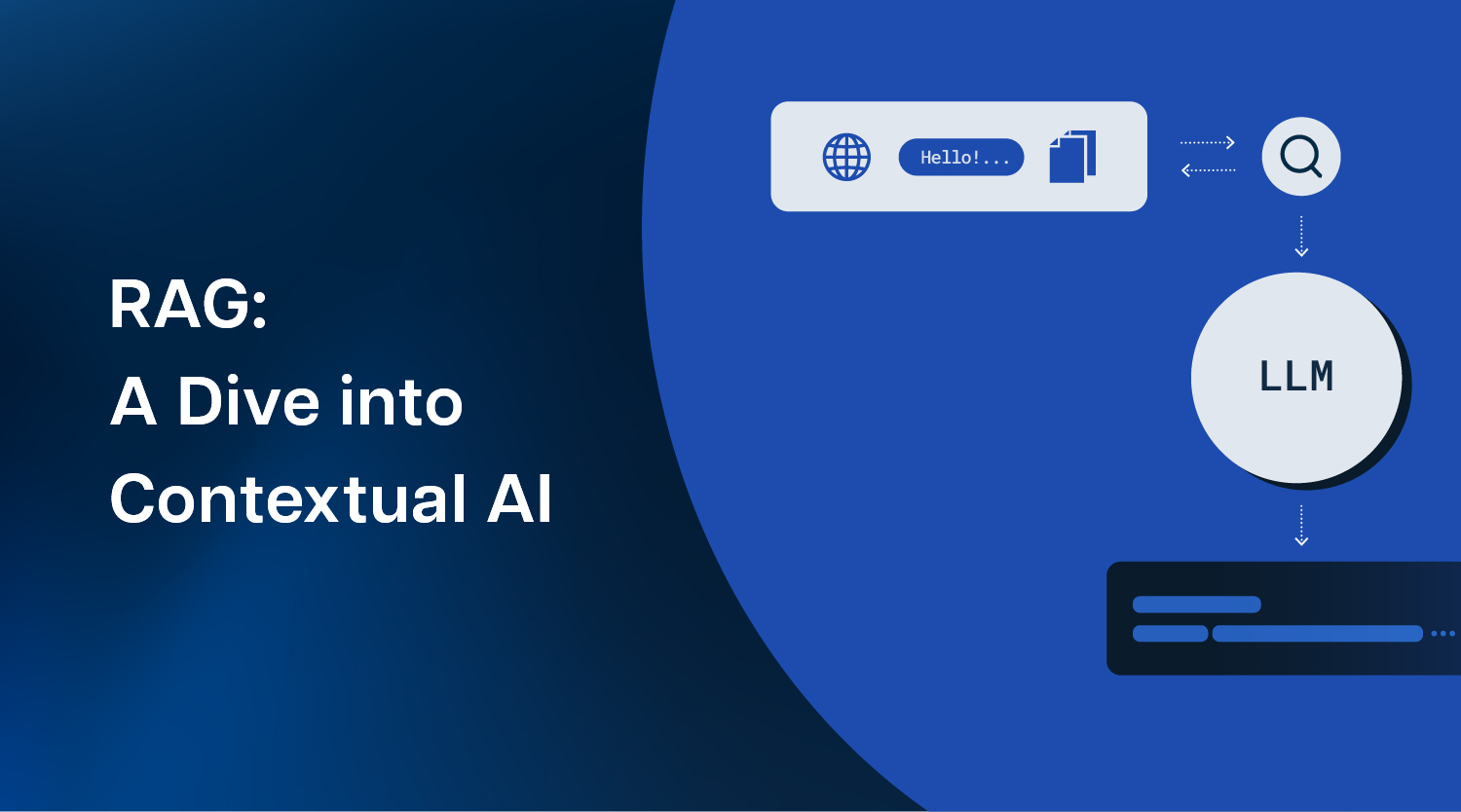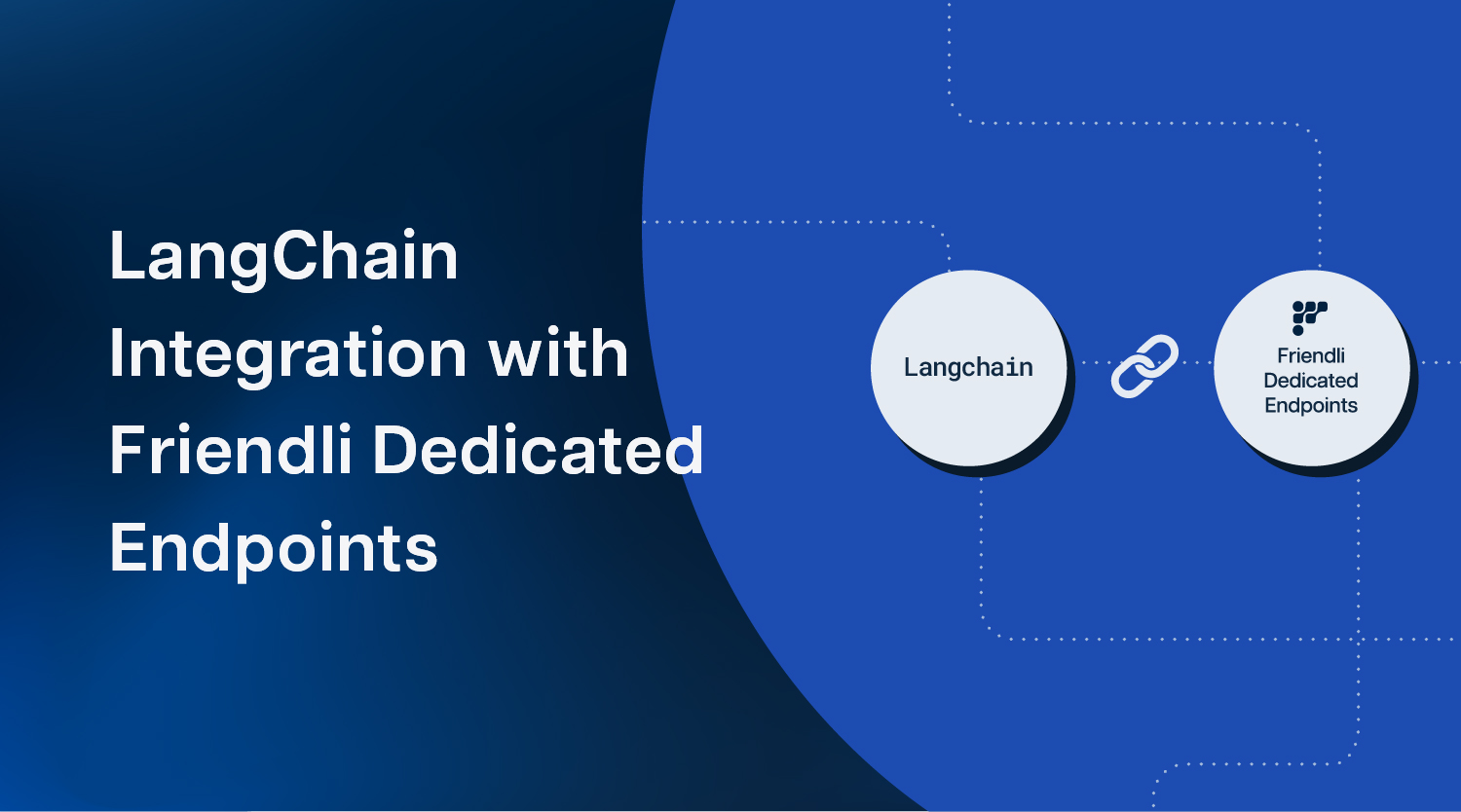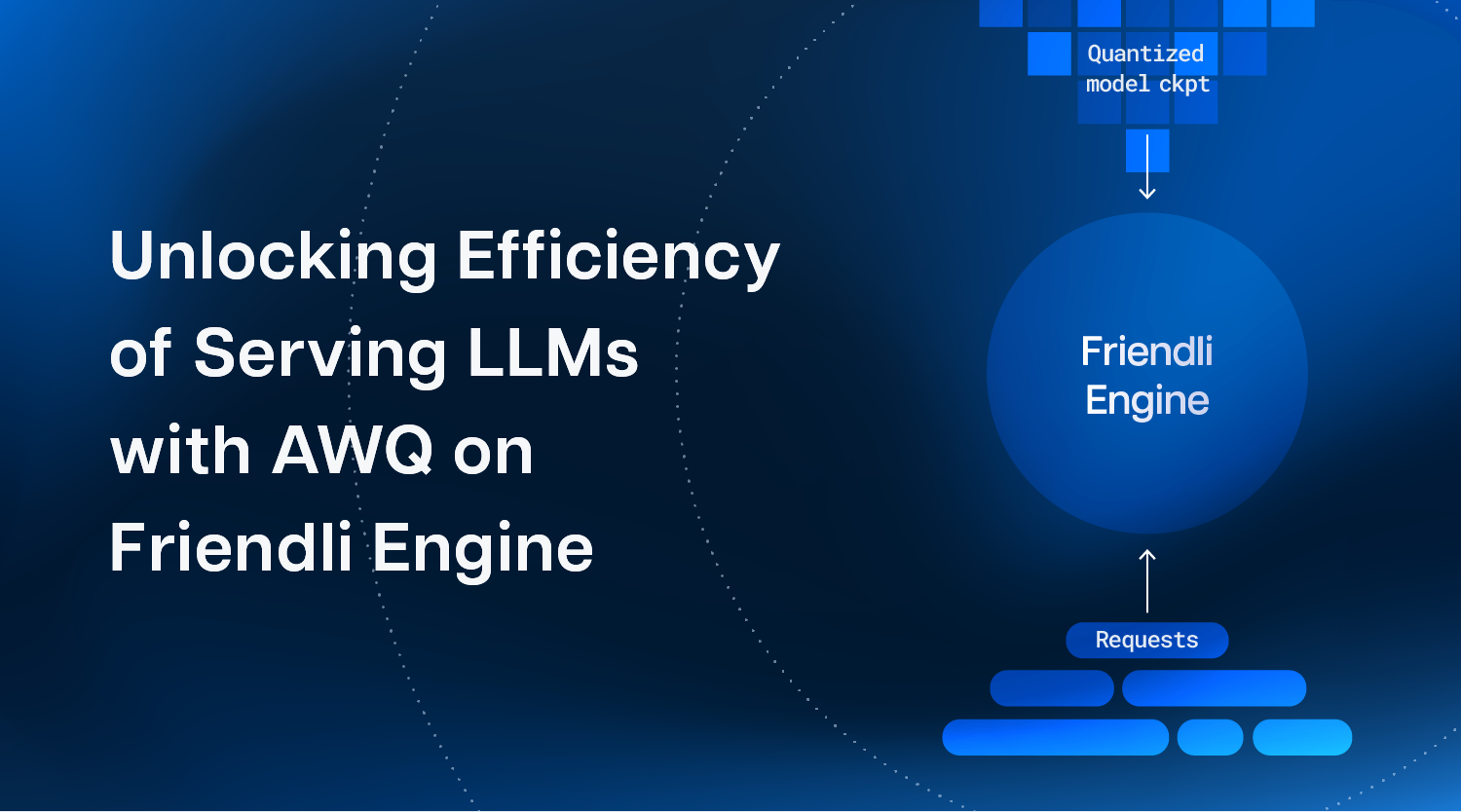- October 26, 2023
- 3 min read
Retrieval-Augmented Generation: A Dive into Contextual AI

In the world of artificial intelligence, language models have made significant progress in understanding and generating human-friendly text. However, they still face a considerable challenge: staying current with the vast amount of information available. You might ask a language model about recent developments in quantum computing and receive outdated information in response. Such limitations have given rise to a promising concept known as Retrieval-Augmented Generation (RAG). In this article, we will explore the reasons behind the emergence of RAG, its goals, and the fundamental principles that underpin this innovation in the field of contextual AI for LLMs. To make use of RAG, you can use FriendliAI's Friendli Engine to enjoy the benefits of high-performance LLM serving.
Challenges of Large Language Models (LLMs)
Large language models, like GPT-4 and its counterparts, excel at text generation, answering questions, and generating content. However, they are not flawless. Their limitations stem from the data they were trained on. These models may provide inaccurate responses, generate misinformation, or become outdated, all due to their inherent difficulties in keeping up with an ever-evolving world. For example, GPT-4 might provide information that is no longer accurate, such as stating that Llama 2 is an animal with a gentle and calm temperament. It is these challenges that have prompted the adoption of RAG.
The Goal of Retrieval-Augmented Generation (RAG)
The primary goal of RAG is to address the disparities between the capabilities and limitations of these language models. By incorporating retrieval techniques, RAG aims to infuse context and up-to-date information into AI-generated content. It strives to prevent inaccuracies and misinformation by integrating information from reliable, up-to-date sources. Think of RAG as an advanced research assistant, capable of accessing the vast knowledge available on the internet and providing contextually accurate responses.
The Basic Idea of RAG
RAG is a fusion of retrieval and generation. Its design principles include:
- Access to the Outside World: RAG has the capability to access external information sources, expanding its knowledge beyond its pre-trained data.
- Retrieving Information from the Web with Natural Language: RAG can understand and generate natural language queries, enhancing its ability to retrieve information from the web and interact in a more context-aware manner.
- Feeding of Relevant Information: When presented with a question, RAG seeks information that is contextually relevant to the query and incorporates it into the response.
By incorporating these principles, RAG leverages external knowledge sources to generate responses that are not only accurate but also contextually rich, thereby reducing the dissemination of outdated or inaccurate information.
Looking Ahead with FriendliAI's Friendli Engine
In our quest to harness the power of RAG and its applications, stay tuned for two follow-up articles. The first will provide guidance on how to use FriendliAI's Friendli Engine to efficiently run RAG models with LangChain. The second will present examples of various applications that run RAG models on Friendli Engine, offering a glimpse into the true potential of this dynamic combination. With Friendli Engine, RAG becomes more accessible and effective, ensuring you have access to the latest and most accurate information. Join the future of AI-powered contextual understanding with RAG and FriendliAI's Friendli Engine.
Written by
FriendliAI Tech & Research
Share

